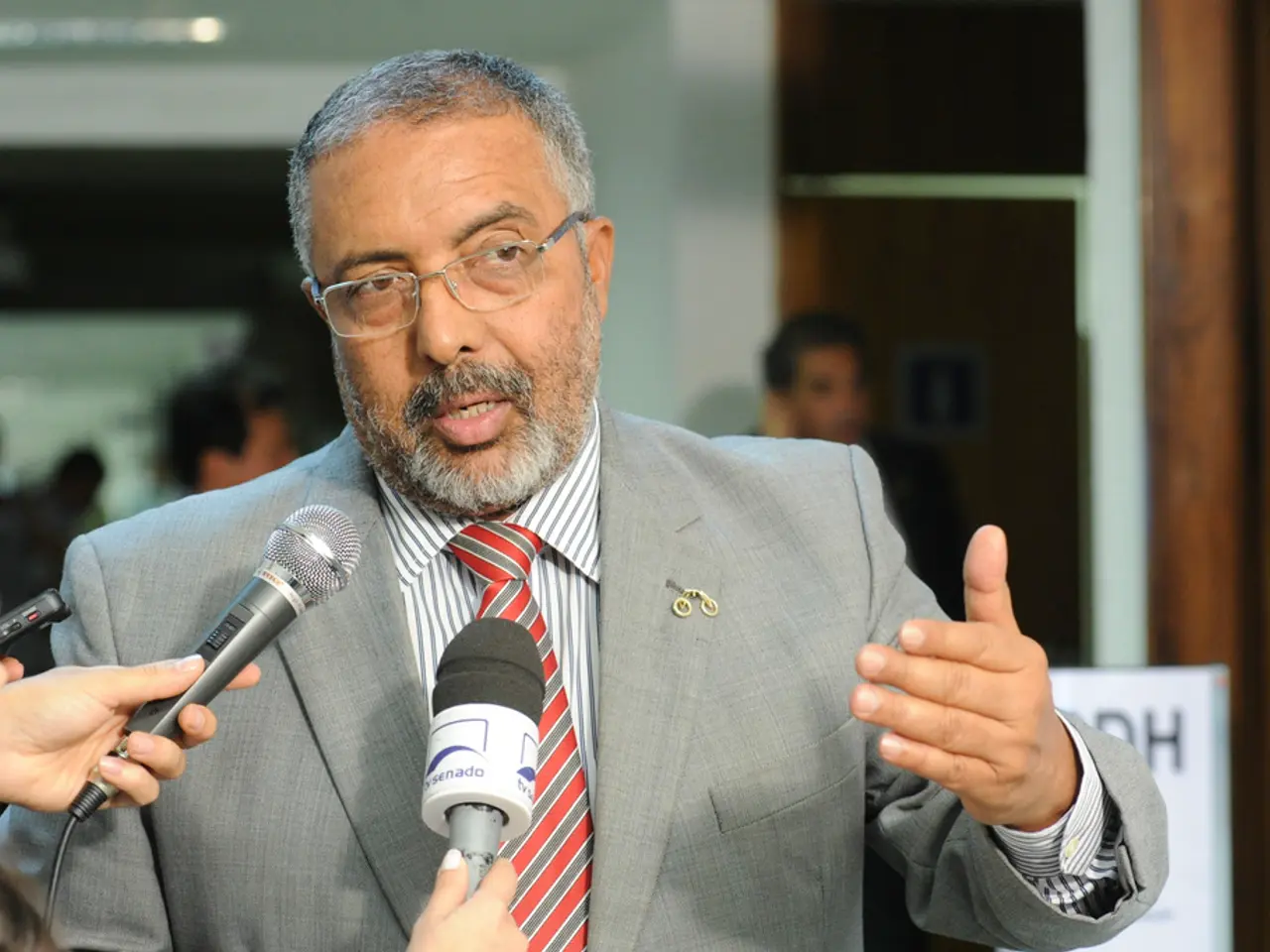Parliamentarian Wins WhatsApp Slander Lawsuit
In a landmark decision, the Cape Coast High Court in Ghana has ruled in favor of Assin South MP, Rev. John Ntim Fordjour, in a defamation suit against two individuals, Stephen Cobbah (aka Adepa) and Yaw Korankye (aka Ampong). The judgment, which includes a ruling declaring the statements made by the defendants as defamatory, carries significant implications for free speech and accountability in digital political discourse.
The defamatory comments, made on the WhatsApp group "Assinman Politics Gh" in March 2024, resulted in a hefty defamation judgment of GHS 700,000 against each defendant, along with GHS 20,000 in costs. The court also issued a perpetual injunction barring further defamatory posts by the defendants and requested retractions and written apologies on the same platforms where the defamatory statements were shared.
This ruling reflects a broader trend in Ghana where courts have increasingly dealt with defamation cases related to digital speech, highlighting a cultural shift towards greater legal accountability for reputational harm caused through social media and messaging platforms. The WhatsApp group, which plays a major role in grassroots political discourse in Ghana, was found to be the platform where the defamatory comments were made.
Critics argue that such rulings risk chilling free speech, particularly for journalists, citizen commentators, and social media influencers, by imposing heavy liabilities on statements made in political discourse. However, supporters contend that the decision enforces responsibility and urges public figures and commentators to fact-check and verify information before publication, balancing freedom of expression with protection against slander and defamation.
The Cape Coast High Court ruling underscores that political speech on platforms like WhatsApp in Ghana must be exercised responsibly, and defamatory or false political statements can lead to severe financial penalties. This decision may reshape how political debate unfolds on social media in the country, emphasizing the need for careful consideration and fact-checking before engaging in political discourse online.
The Cape Coast High Court ruling, in regards to policy-and-legislation concerning digital speech, signals a shift in Ghanaian politics and general-news, indicating a move towards greater legal accountability for defamatory statements made on social media and messaging platforms like WhatsApp. This decision also raises questions about the balance between free speech and accountability in digital political discourse, with some critics fearing it may stifle free speech, particularly for journalists, citizen commentators, and social media influencers.








